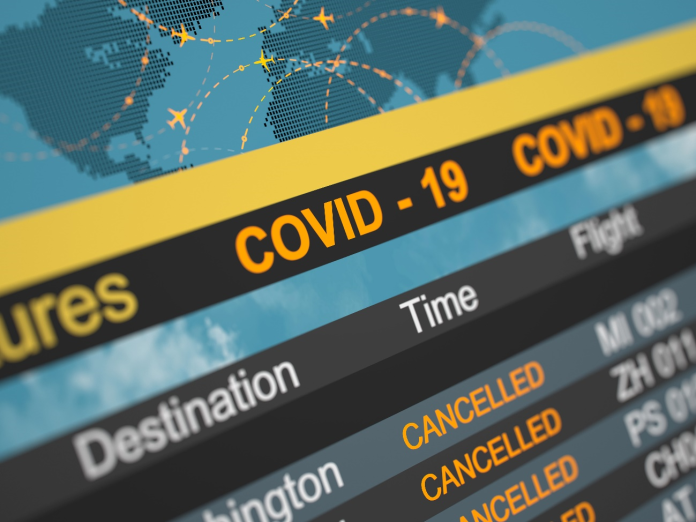The European Commission unveiled an amended version of passenger rights rules on November 29, aiming to prevent the inconvenience experienced by passengers during travel disruptions caused by the COVID-19 pandemic, Euractiv reported.
Although EU travellers already enjoy some of the strongest passenger protections in the world, the COVID-19 pandemic, which led to mass flight cancellations due to closed borders, has exposed weak points.
Passengers faced confusing red tape in requesting refunds, with no clarity on what they were entitled to. Commissioner for Justice Didier Reynders stated that COVID was a reminder of the importance of guaranteeing strict consumer rights.
During the pandemic, consumers faced mass cancellations or struggles as regards refunds from tour operators and travel agencies for cancelled packages.
The European Commission is about to introduce a standardised reimbursement and compensation form available in all official EU languages. Although passengers are not obliged to use the form, all airlines are required to accept it.
Those who have booked tickets for different modes of transport on the same journey will also receive new protections in the event of a single leg delay, such as refunds or re-routing. In addition, carriers will be required to publish reports detailing how successful they are in fulfilling passenger rights, with national passenger rights enforcement bodies being reinforced.
Much of the package is aimed at improving passenger rights for those who have booked tickets via intermediaries – third-party ticket retailers who often offer price comparisons between airlines. During the pandemic, airlines and ticket sellers pointed to other organisations while passengers struggled to determine whom to approach for reimbursement.
Under the new rules, airlines will be required to provide passengers with clear information about refunds in the event of flight delays or cancellations, even if the ticket is booked through a third party. This includes who to contact and how the reimbursement process will be handled. If reimbursement is processed through an intermediary, passengers should be reimbursed within 14 days.
The total deposit for packages will also be capped at 25 per cent of the package price to limit the possibility of money loss.
The new regulations are also designed to facilitate travelling for people with disabilities. Carriers will assist them at connecting points as well as at multimodal hubs, such as airports that have a railway station. Moreover, if an airline requires a disabled person to travel with a companion, it is obliged to transport the companion free of charge.
However, consumer protection organisation, BEUC, lambasted the package for not going far enough. The group pointed to a lack of protection against insolvency in the event of airline bankruptcy and claimed the new rules offered no guarantees for passengers facing cancellation during a crisis.
Ursula Pachl, BEUC Deputy Director General, stated that “well-known and long-standing issues detrimental to travellers” were not addressed in the package, which she labelled “a small step in the right direction.”
The European Disability Forum, a group representing Europeans with disabilities, called the package insufficient, arguing that it will “leave passengers with disabilities still living ‘waking nightmares’ when flying.” Gunta Anca, the European Disability Forum’s vice-president, claimed the Commission had missed an opportunity to address serious problems.
The Commission’s reasoning for not addressing our concerns mirrors the experiences persons with disabilities have with airlines: being left on the ground with an arbitrary excuse.
Lobby group Airlines for Europe (A4E) called the current proposal “a tentative step in bringing coherence to the tangled web of passenger rights in Europe,” arguing more clarity was needed. Ourania Georgoutsakou, A4E managing director, stated the following:
“On the one hand, there are positive moves to providing more clarity to passengers and airlines, particularly on multimodal transport and on the obligations on what information intermediaries must provide to airlines. On the other hand, the fog of uncertainty over what is an extraordinary circumstance has not been lifted which would have made processing claims more seamless and unclogged legal systems across Europe.”
The European Commission’s proposals will now be referred to the European Parliament and the Council.
